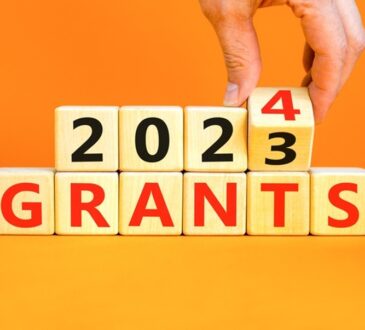
Mortgage processes are lengthy and require many documents; being well prepared will speed things up considerably.
An applicant for home loan will have their finances thoroughly scrutinized to make sure they meet lender qualifications for home loans, including checking your credit report (this won’t impact your score) and financial paperwork.
Process
Lenders take into consideration several factors when reviewing mortgage applications, including borrower’s credit history, income and assets as well as debt-to-income ratio. They may also verify property details to ensure your new home is worth its price without liens on its title.
Preapproval is one of the first steps in the mortgage process and provides an estimate of how much home you can afford to buy. This step typically involves providing documentation of your income, employment and assets such as pay stubs from last two years as well as bank statements.
Apply for your mortgage online or meet with a loan officer directly, making sure to answer all of the questions accurately and disclose any credit issues up front. Any delays or failure to submit requested information could lead to denial. Once approved, final documents will need to be signed at your closing appointment.
Who can apply for mortgage loan?
Mortgage debt can be one of the largest debts you incur, so it’s wise to carefully evaluate all costs associated with homeownership before taking out a loan. Gathering information can help prepare financially for the mortgage process and make searching for a home that fits within your budget much simpler.
Applying for a mortgage involves going through an application and financial history review that may include late bill payments, high debt-to-income ratio and any liens on your record that could cause lenders to deny your application. Being honest about all aspects of your finances is essential so lenders know where they stand with your application.
Documenting your mortgage process quickly and preventing delays requires collecting two years’ of W-2s, profit and loss statements (if self-employed), proof of assets such as savings accounts, checking and brokerage accounts as well as pensions, public assistance payments or alimony income sources. You will also need proof of homeowners insurance as well as any specialized forms depending on what type of mortgage loan you seek.
What documents is needed for mortgage?
An applicant pursuing a mortgage application must provide documents that verify both his or her financial and personal details, such as debts (like credit card and student loan balances) assets ( like bank and retirement accounts) and income (W-2s or profit and loss statements). A lender also looks into an applicant’s history with federal authorities such as any liens, foreclosure proceedings or bankruptcy filings that might exist.
Documents required for home purchases must be ready. Failing to provide requested documents could stall the mortgage process and prevent you from buying your dream home. If in doubt about what documents are needed, consult your lender or real estate agent. Ultimately, honesty about any financial concerns you have will ensure a more seamless mortgage application experience and reduce loan closing costs by preventing delays or denials.
FAQs
Understanding the mortgage loan process can be complex, so it is crucial that you become familiar with key terms involved. Armed with this information, you’ll be better equipped to make informed decisions as you navigate your journey towards homeownership.
At the outset, you should know what documentation the lender requires from you – this might include bank statements, investment account statements, tax returns and profit and loss statements (if applicable) so you’ll have them handy when required by your lender. Keeping these documents organized makes providing them quickly when asked easier.
Before beginning the application process for a mortgage loan or line of credit, it is a wise idea to get both your credit score and mortgage rate checked for health. Make sure that credit card balances remain low while long-term debt lines don’t close unless necessary.
Review your Closing Disclosure, typically issued three days prior to closing, to identify any discrepancies between it and your Loan Estimate and note any inconsistencies that require correction by your lender. They are required by law to rectify such discrepancies promptly.




